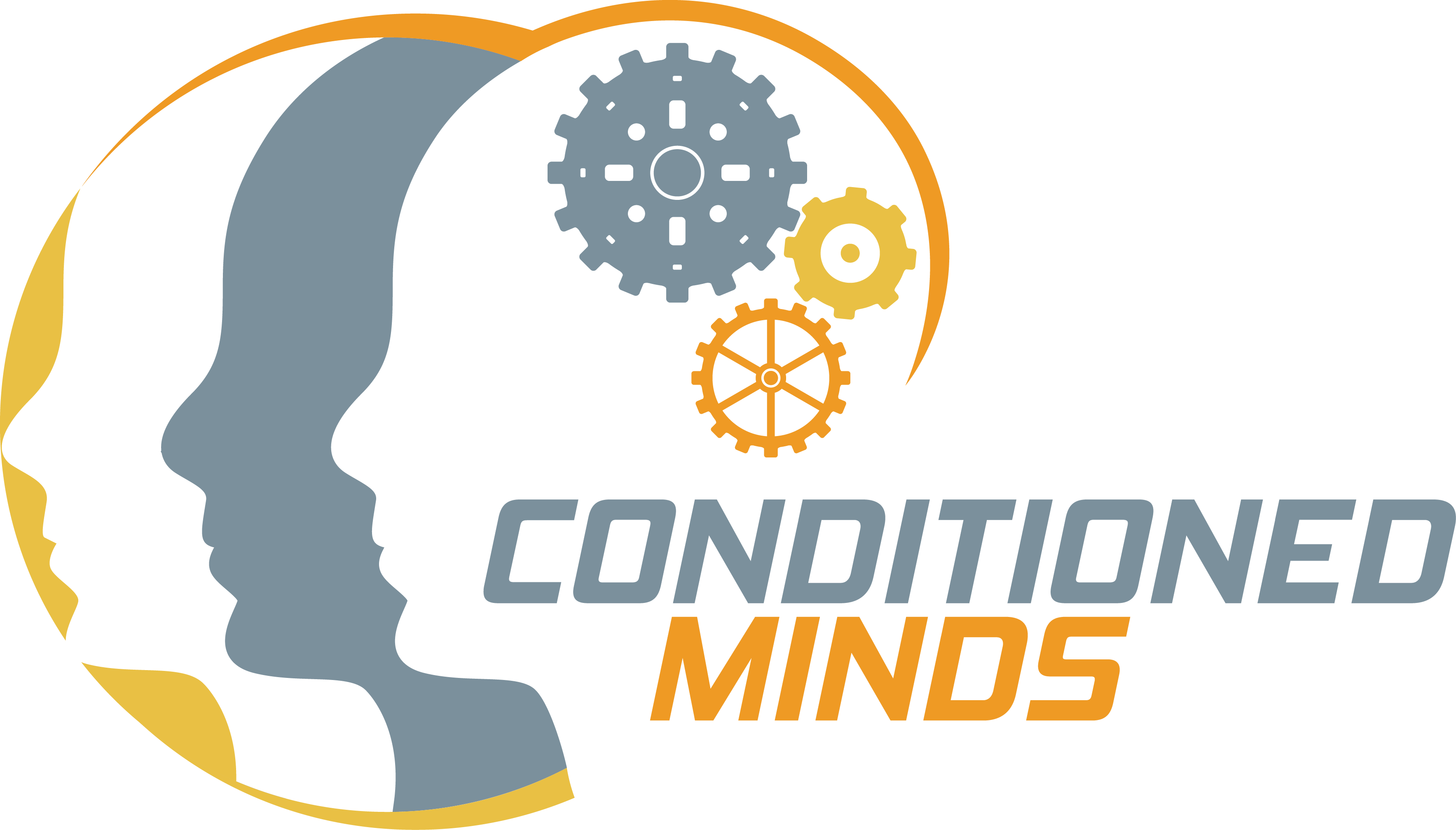Transformative Learning Model
Objectives:
- Creates the idea that learned new information can adjust thought processes when dealing with structured task-oriented problem solving.
- Demonstrates the ability to evaluate information while reevaluating the experience, creating a new dialogue of critical reflection, and having a rational awareness of exploratory context.
- Identifies the need for effective communication when dealing with emotions, beliefs, judgments, and ideas that shape an interpretation of information.
- Understanding through self-reflection, self-directed learning, and critical theory.
P3 Course Design
Opening Activity:
- Aerobic Preparation
Activities:
- Experiential Learning Activities:
- Develop experiential activities that simulate real-world scenarios requiring quick decision-making.
- Encourage participants to reflect on their decision-making process during and after the activities, considering factors such as biases, emotions, and risk assessment.
- Self-Assessment and Feedback:
- Provide tools for self-assessment of reaction times and decision-making skills, such as interactive quizzes or diagnostic tests.
- Offer personalized feedback based on performance, highlighting strengths and areas for improvement.
- Case Studies and Reflective Journals:
- Present case studies or real-life examples of effective and ineffective decision-making in various contexts.
- Encourage participants to maintain reflective journals where they document their own decision-making experiences, challenges encountered, and lessons learned.
- Peer Learning and Collaboration:
- Facilitate group discussions and collaborative activities where participants share insights, perspectives, and strategies related to decision-making.
- Encourage peer feedback and constructive critique to foster a supportive learning community.
- Mindfulness and Metacognition Practices:
- Integrate mindfulness exercises to help participants develop greater self-awareness and emotional regulation, which are essential for effective decision-making.
- Teach metacognitive strategies that enable participants to monitor and regulate their own thinking processes, such as self-questioning and cognitive restructuring.
- Application to Personal and Professional Contexts:
- Connect learning objectives to participants’ personal and professional goals, emphasizing the relevance and applicability of improved reaction time and decision-making skills.
- Encourage participants to apply what they’ve learned to real-life situations, reflecting on how their decision-making has evolved over time.
- Continuous Feedback and Iterative Improvement:
- Establish a feedback loop where participants regularly evaluate their progress and adjust their learning strategies accordingly.
- Provide opportunities for follow-up sessions or ongoing support to ensure sustained growth and development.
